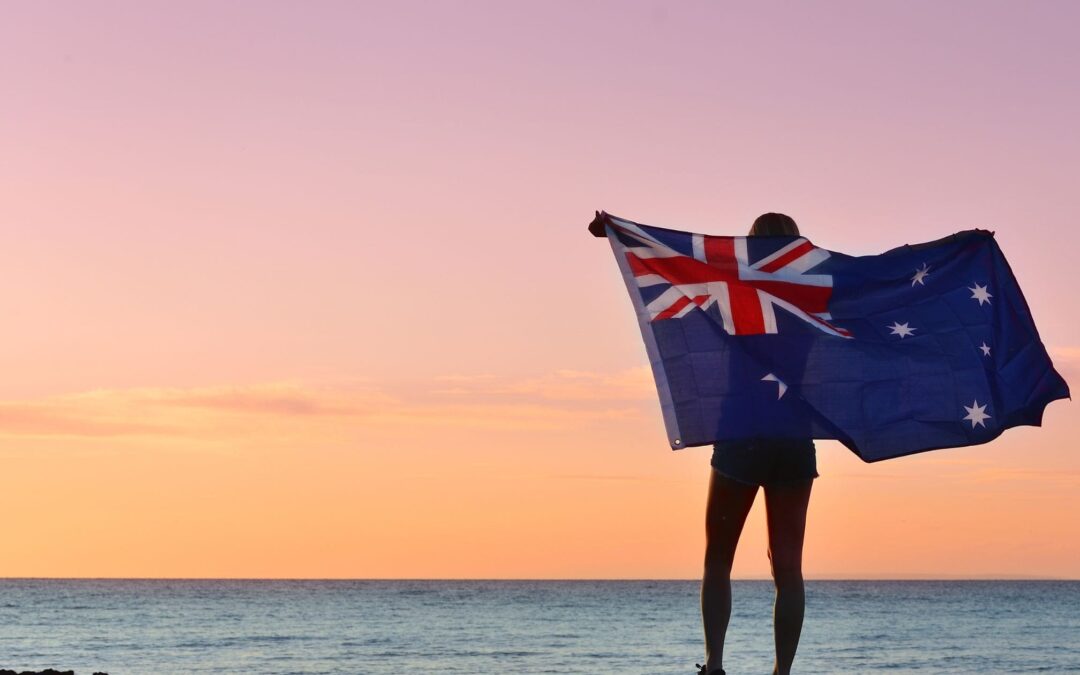Australia serves as the face of esports in the Oceania region. Despite its lead in the sport as a nation, its esports industry still has a long way to go to full development, both from government and corporations.
Perhaps surprising to some, Australia has hosted numerous esports tournaments since the early 2000s. While the country previously hosted annual competitions for ESL’s Intel Extreme Masters CS:Go series, the country’s esports niche has been slow to develop further. Internationally, Australia has produced notable professional players like Damiel ‘kpii’ Chok and Anathan ‘ana’ Pham, who is the third highest earning esports player of all time. In the 2010s in particular, Renegades saw Australian players participate in international success. The Apex Legends ALGS 2022 also highlighted Australia as a strong eSports competitor with a winning trio of players like Rhys ‘Zer0’ Perry, Noyan ‘Genburten’ Ozkose and Rick ‘Sharky’ Wirth. Numerous Australian Rocket League teams have also made an impact in the RLCS.
ORDER was an organization which was arguably Australia’s leading competitor but it later paused operations in late 2022. Today, some of the biggest esports organizations in Australia include Greyhound Gaming, Pentanet, Chiefs eSports Club, and Mindfreak but with limited success outside Australia.
Potential for the esports industry to grow in Australia shows some promising signs. Sydney hosts GAMURS Group headquarters, a major esports media network which owns Dot Esports and other related media entities.
While it was unfortunate that considerable changes in ESL’s competitors’ structure meant Australia and New Zealand lost their regional CS:GO league in September of this year, a new venture has been formed. The Oceania Esports Development Federation has been established, which seeks to popularize esports in the region and expand their reach in Australia.
Although the Australian government does not recognize esports as a legitimate sport on par with traditional ones, the Australian Esports Association (AESA), a member of International Esports Federation, continues to advocate for the sports as a legitimate sport in the country. The league partners with Australia’s government money management resource to promote an initiative to help high schoolers become more aware of the sport. Australia has a long history of esports. It even offers high median incomes and a large engagement from online users. Standout players have been recognized for their success internationally. While Australia may not have legitimized the sport yet, potential remains to capitalize upon its success and Autarlin teams will have the chance to push past their underdog status in many international competitions if the government puts more resources into the sport. Queensland University of Technology (QUT) became the first university to offer a degree in esports. Since then, more institutions have set up degrees and the Australian eSports League for both university and high school players. A new eSports venue has also opened up at the University ofTechnology in Sydney allowing for practice, streaming, competing in esports. It also proves how involved students are to pursue career careers and development in the sport.
With the projected growth for esports to grow more prominent in the future, it will only be a matter of time before Australia recognizes esports as a legitimate and revitalizing investment.

